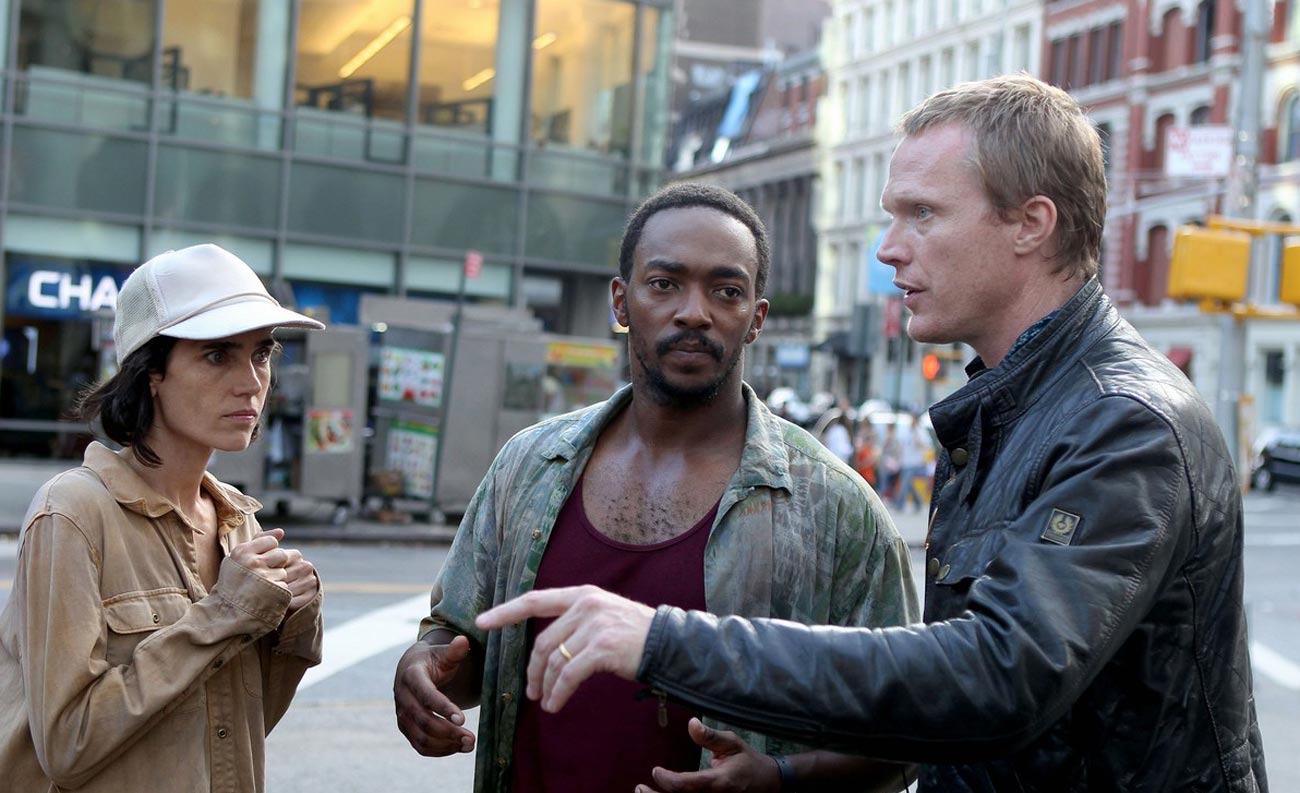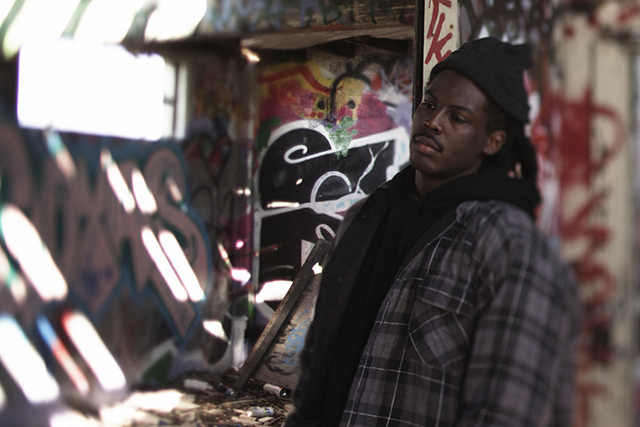 Earlier this week, New York City Police Commissioner Bill Bratton decided to share his personal remedy on conquering the astronomical homeless problem in New York City. Bratton said, “My best advice to the citizens of New York City: If this is so upsetting to you, don’t give. One of the quickest ways to get rid of them is not to give to them.”
Earlier this week, New York City Police Commissioner Bill Bratton decided to share his personal remedy on conquering the astronomical homeless problem in New York City. Bratton said, “My best advice to the citizens of New York City: If this is so upsetting to you, don’t give. One of the quickest ways to get rid of them is not to give to them.”
Ambivalence and lack of compassion have helped foster the present state of homelessness not only across this country, but also around the globe. Though many of us pass by homeless people on a near daily basis, they often become invisible to us. Like a fire hydrant or some other sidewalk fixture, they are present but unseen. In his new film “Shelter” Director Paul Bettany gives voice to two homeless people that used to live outside of his apartment building.
Bettany recently sat down with the stars of “Shelter”, Jennifer Connelly and Anthony Mackie, to discuss the state of homelessness in NYC, preparation for the film, and what they all learned from this eye-opening experience. Here are some of the highlights.
On The Global Homeless Crisis
Paul Bettany: It’s no coincidence that Tahir is an illegal immigrant and a Nigerian Muslim. Nobody was talking about Boko Haram that I knew of three years ago, no one was talking about the refugee crisis three years ago. I simply don’t understand the refugee crisis. The history of humanity can be told through a story of migration and settlement. If I can’t protect my family, I’m coming to where you are; I’m just coming. It’s a round world, and we’ve all got to get on with it and move on. What frightens me is when you hear the rhetoric of [Donald] Trump and then his ratings go up.
On Choosing To Highlight Certain Issues The Homeless Face
PB: Well first off, when I started writing the film it wasn’t about homelessness, it was about judgment. I feel like the world we live in seems to be full of an increasingly grey area, but the culture that we live in seems to be getting really entrenched in black and white positions, and I think it’s urgent to talk about that because it’s going to kill us all. Before it was about homelessness, I wanted the film to be a romance. I wanted it to be about two people who are unforgivable on paper, and then make you forgive them. My experience of people is that they are infinitely forgivable.
On The Homeless Couple That Inspired the Film
PB: Around the same time I wanted to make a film about judgment, Hurricane Sandy hit New York City. Before the hurricane, a homeless couple lived outside my apartment building. They were a black man and a white woman, and I would see them everyday. My children would say hello to them, they would say hello to us and that was the extent of it. I’m ashamed to say that day by day, their poverty became more acceptable to me and they became invisible before they actually despaired. And then, Hurricane Sandy hit and I never saw them again. We were in mandatory evacuation of our area, and they used to live in this tiny little park. I noticed they seemed to complain a lot less about their circumstances than I did, and I admired that. When I didn’t see them anymore, I felt the instinct to write about them. However, I didn’t know who they were, so I thought it might be a very good way to discuss judgment, because I find that our response to homelessness really puzzlingly. It’s a peculiar response that people have.
Continue reading at Shadow and Act.
Image: Shelter/Screen Media Fims









